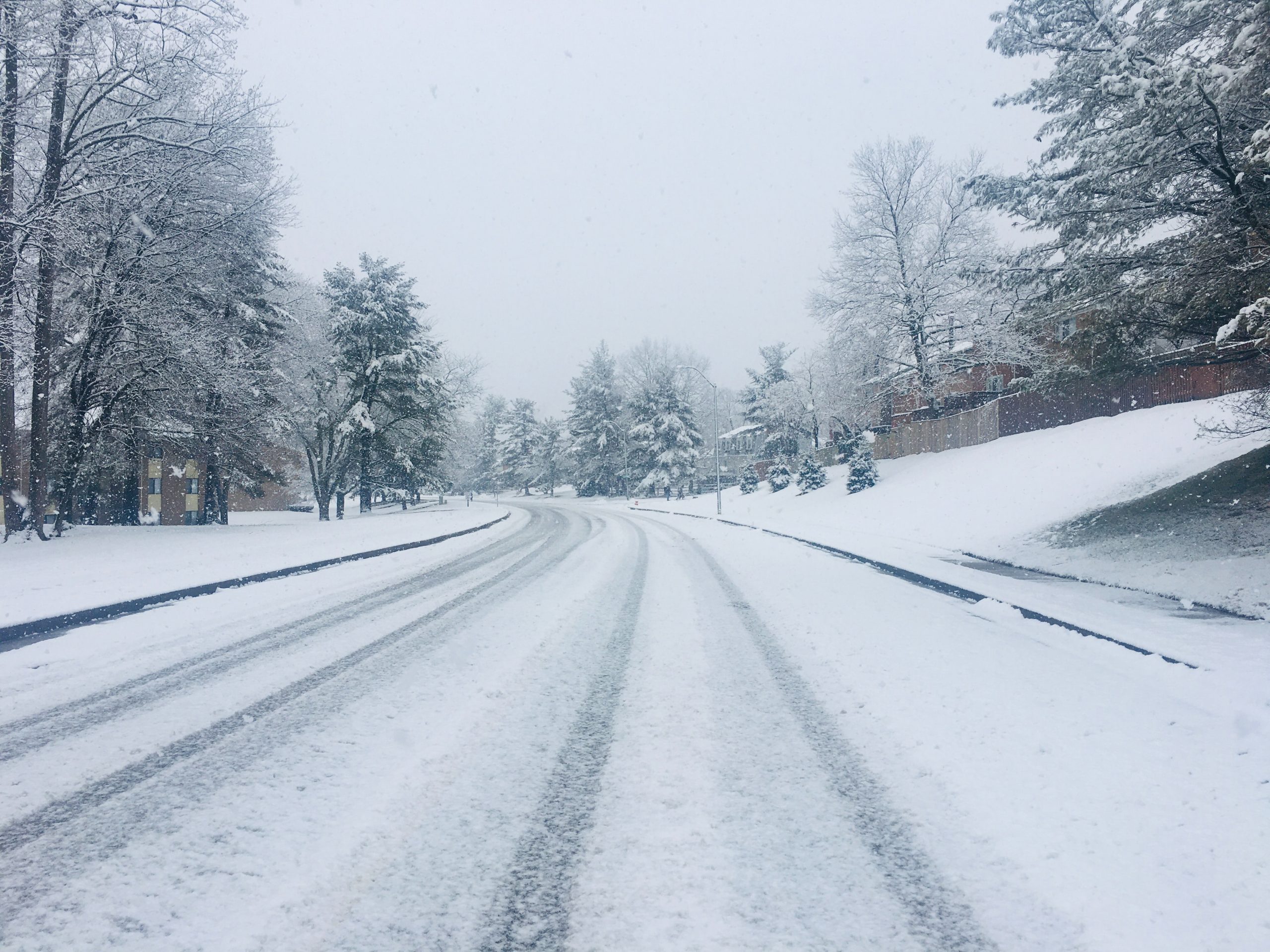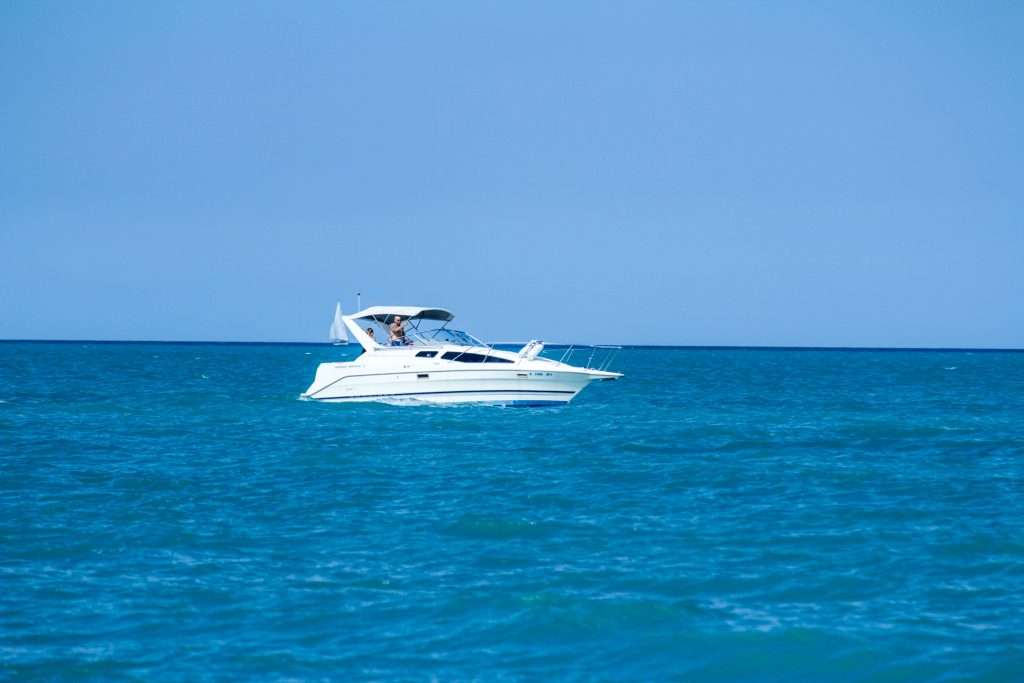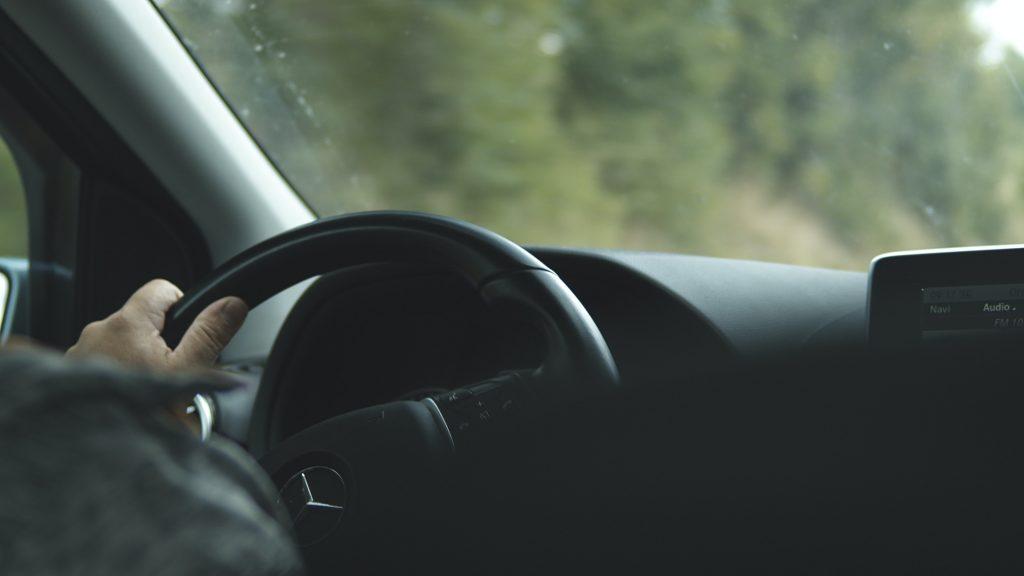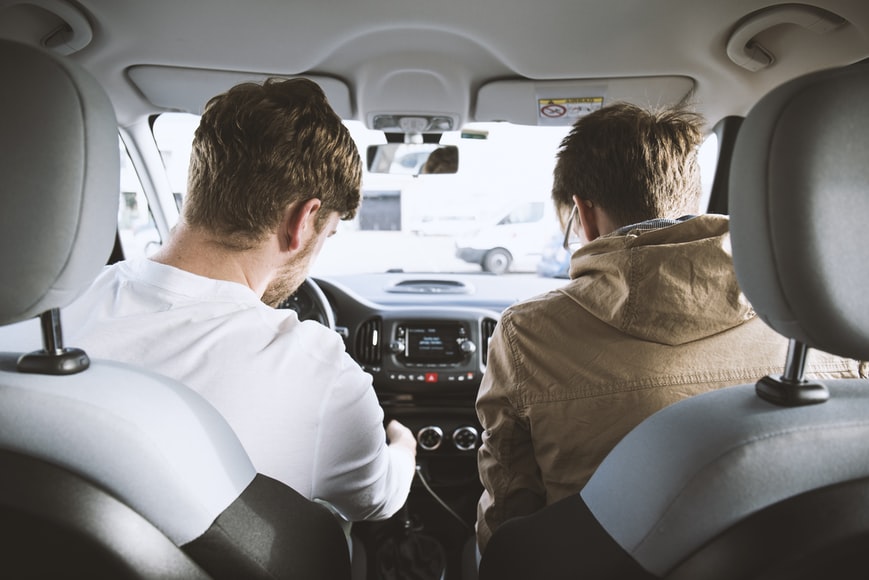3 Common Causes of Motor Vehicle Accidents in the Winter

3 Common Causes of Motor Vehicle Accidents in the Winter
Motor vehicle accidents can happen at any time. In the winter, slippery roads and poor visibility can increase the likelihood of an accident occurring. Winter motor vehicle accidents on snowy or icy roads can result in severe injuries, significant property damage, and regrettably, loss of life.
Three common causes of motor vehicle accidents in the winter are:
1 Slippery Roads
As outside temperatures drop, roads can become extremely icy and can subsequently create a difficult environment for driving safely. Not only do icy roads change the way your car handles, but they also serve to decrease your reaction time. If you encounter an icy road, it is important to first reduce your speed gradually — sudden braking or accelerating on an icy road should be avoided as it may cause your car to spin out of control. Slippery roads can increase the likelihood of rear-end collisions or sliding through an intersection, so to prevent a motor vehicle accident, leave a significant amount of space between your car and the car in front of you. Additionally, be extra cautious when taking actions on a slippery road including accelerating, stopping, and turning.
2 Poor Visibility
Low visibility on roads during the winter is another common cause of accidents. Winter weather can affect your visibility and how far ahead of your vehicle you can clearly see. Snow accumulation on roadsides can make it difficult to see pedestrians, objects, or other vehicles on the side of the road. Additionally, heavy snowfall can make it difficult to see other vehicles on the road. Before driving in the winter, always make sure that your headlights and windshield wipers are working properly and that your car is in good condition. If the visibility is extremely bad, it is best to wait until the conditions improve before driving.
3 Car Condition
Before driving in the winter, it is important to get a routine checkup of your vehicle. Inadequate tire pressure and worn-out tires can decrease your reaction time and put you at greater risk for an accident. Worn-out tires have little traction, which makes driving on winter roads even more dangerous. Additionally, ensure that your windshield wiper fluid is full and that your windshield wipers and defroster fans are working properly before heading out on the road.
It is always best to contact an experienced personal injury lawyer as soon as possible after an accident. Contact our team of experienced professionals for more information.













